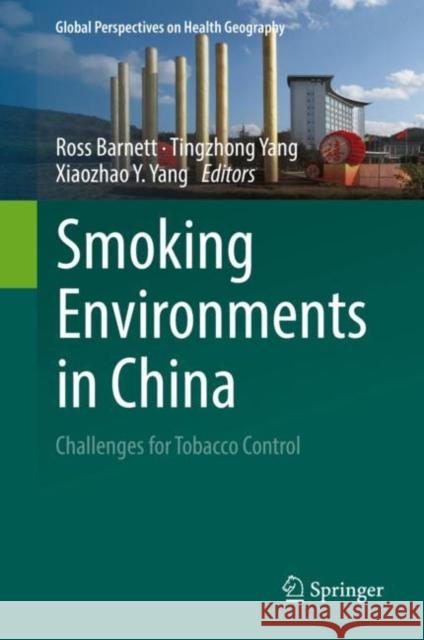Smoking Environments in China: Challenges for Tobacco Control » książka
topmenu
Smoking Environments in China: Challenges for Tobacco Control
ISBN-13: 9783030761424 / Angielski / Twarda / 2021 / 381 str.
Kategorie BISAC:
Wydawca:
Springer
Seria wydawnicza:
Język:
Angielski
ISBN-13:
9783030761424
Rok wydania:
2021
Wydanie:
2022
Numer serii:
000823926
Ilość stron:
381
Waga:
0.63 kg
Wymiary:
23.88 x 16.26 x 2.03
Oprawa:
Twarda
Wolumenów:
01











